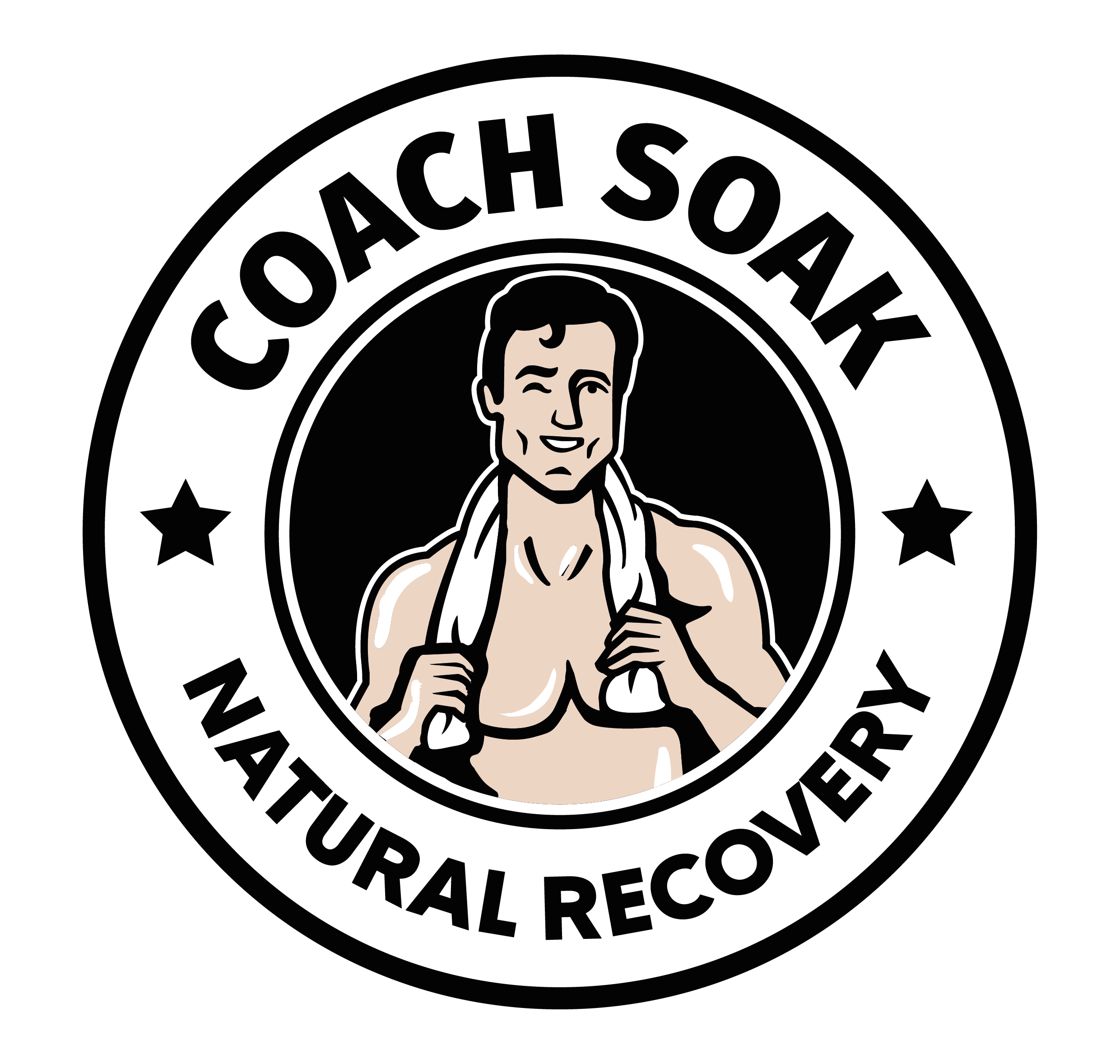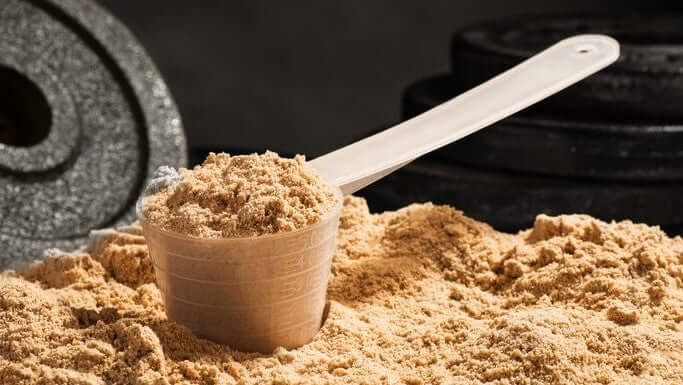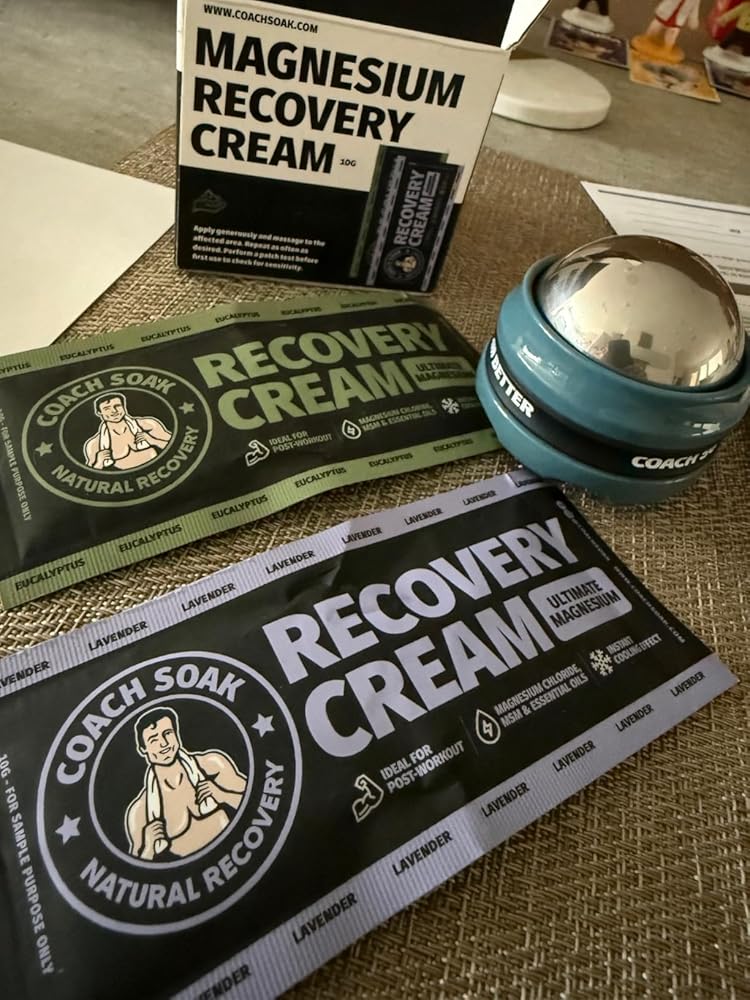For the longest time, we’ve all known that what we eat is of critical importance for our health, fitness, and well-being.
But what about the timing? Does it matter when we eat for optimal fitness progress, recovery, and good health?
Let’s take a closer look and find out.
Pre-Workout Nutrition 101
Our total daily calorie, carb, protein, and fat intake is what matters most for overall body composition improvements and workout recovery - that’s a given.
But, pre-workout nutrition is vital for two reasons:
First, pre-workout carb intake provides us with energy. While research is a bit mixed, it seems that folks – especially professional athletes – benefit from having carbs within a couple of hours before training.
Second, pre-workout protein raises our plasma amino acid pool, which helps decrease training-induced muscle protein breakdown and kickstarts the recovery process sooner.
Post-Training Meal Timing - How Important Is It?
Okay, so you might be wondering, “Well, if I’m taking good care of my pre-workout meal, do I need to make it a point to eat right after training.” The answer is no. If you’re having good pre-workout meals about two hours beforehand, you may not need to worry as much about your post-training nutrient intake.
With that said, we all have lives outside the gym, and we can’t always time our pre-workout meals perfectly. Plus, some people experience stomach distress from pre-workout meals and prefer to train on an empty stomach.
So, if you happen to be in the camp of people who, for whatever reason, doesn’t have a pre-workout meal, then it would be a good idea to nourish your body soon after training.
Post-training carbs will kickstart the recovery process and begin replenishing lost glycogen. Protein will provide you with amino acids, stop muscle protein breakdown, and start the process of repair.
Practical Recommendations For Trainees and Athletes
If you want to optimize your training recovery, it doesn’t hurt to pay attention to both your pre- and post-training meals unless it’s incredibly inconvenient for you.
With that said, here are some simple recommendations to keep in mind:
Pre-Workout Nutrition
Typically, you’ll have two options for the timing of your pre-workout meal – either about an hour or two to three hours before training.
If you want to have a meal two to three hours beforehand, go with some veggies, a serving of protein, a cup of carbs, a piece of fruit, and a bit of fat (nuts, natural oils, avocado, egg, etc.).
If you want to eat an hour before training, keep in mind that you won’t have as much time for digestion. So have one of the following, or similar:
- A scoop of whey
- A banana, large apple, or a cup of berries
- 8 oz. almond milk
Post-Workout Nutrition
For your post-training meal, what matters most is that you get carbs and protein to kickstart the recovery process and replenish the lost glycogen. The good news is, you don’t have to worry about the size of the meal.
Have a protein source (meat, fish, dairy, eggs, etc.), a carb source (potatoes, rice, and similar), some healthy fats (nuts, seeds, natural oils, eggs, etc.), and veggies for nutrients and fiber. You can enjoy some fruit, as well.
What About Dietary Fats?
You’ve probably noticed that we’ve barely said anything about dietary fats today. The reason for that is simple:
Fats don’t appear to impact our performance or recovery acutely. In other words, so long as you get enough fat in your diet (generally about 20 to 25 percent of your total calories), you shouldn’t worry much about timing it.






